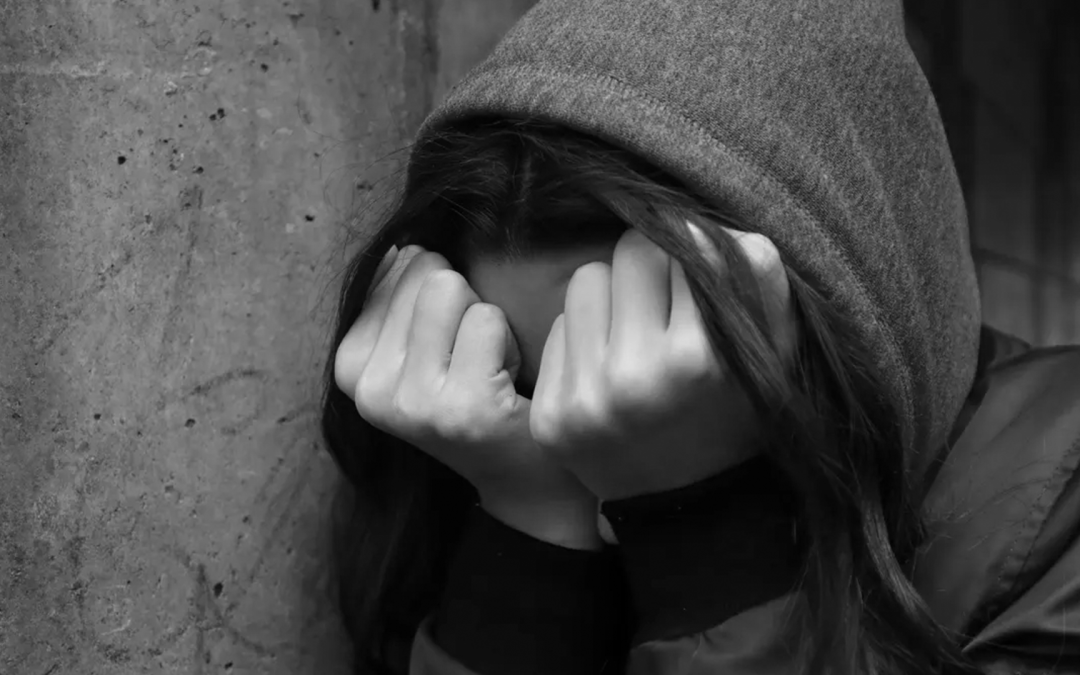In the United States, a quiet epidemic is unfolding, one that extends beyond individual struggles with mental health. Anxiety levels are reaching unprecedented heights, leading a panel of medical experts to recommend widespread screening for anxiety disorders. As suicide rates soar to their highest since 1941, it prompts a critical examination of whether these mental health challenges are merely personal disorders or rational responses to a society in disarray.
The Pervasive Crisis: Anxiety and Mental Health in America
Lori Pbert, a clinical psychologist, describes mental health disorders as a crisis gripping the nation. The prevalence of persistent depressive disorder (PDD) affecting an estimated 2% of adults and a staggering 50,000 lives lost to suicide last year underscore the urgency of addressing the mental health landscape. With the suicide rate at its highest since 1941, questions emerge about the societal factors contributing to this alarming trend.
Anxiety in Context: A Rational Response to a Disordered Society
Perhaps it’s time to shift the narrative surrounding anxiety and depression from personal disorders to rational responses to societal disarray. A myriad of concerns, from escalating housing costs and job insecurity to political instability and climate crises, contribute to a collective sense of unease. Examining the anxieties through this lens opens a dialogue about the broader societal issues that may underpin the mental health challenges faced by individuals.
Demographic Disparities: Unveiling Patterns in Anxiety and Suicide Rates
Examining suicide rates reveals patterns that transcend individual experiences. Men aged 75 and older exhibit the highest suicide rate, reflecting societal challenges faced by this demographic. Native Americans face almost double the suicide rates of other Americans, underscoring the need to consider systemic factors influencing mental health outcomes. The decline in suicide rates for specific age groups offers a glimmer of hope but requires sustained attention.
Challenges to Traditional Approaches: The Need for Societal Transformation
While mental health professionals and access to care are crucial components, the scale of America’s mental health crisis demands a broader societal response. The changing dynamics of work, income inequality, racial disparities, and political upheaval contribute to the fraying mental health fabric. Addressing these systemic issues becomes imperative to create a healthier society where individuals are not merely treated for symptoms but are shielded from the root causes of distress.
Deaths of Despair: Linking Mental Health to Societal Transformation
Economists Anne Case and Angus Deaton argue that deaths of despair among certain demographics are inseparable from the broader dismantling of the working class. The less educated feel underpaid, disrespected, and disenfranchised, contributing to their vulnerability. It prompts reflection on whether these individuals suffer from a “disorder” or are responding to profound societal changes.
A Holistic Approach: Society’s Role in Mental Health
While advocating for increased mental health care access, it is equally essential to address societal conditions fostering anxiety. Economic insecurity, income inequality, lax gun regulations, inadequate healthcare access, environmental neglect, and corrupt political influences collectively shape the mental health landscape. A healthy society necessitates a comprehensive approach, transcending individual interventions to encompass societal transformation.
Conclusion: Redefining the Narrative for a Healthier America
As America grapples with soaring anxiety levels and escalating suicide rates, it’s time to redefine the narrative. Understanding mental health challenges as not solely personal disorders but responses to societal disarray opens avenues for transformative change. A healthier America requires addressing the root causes of anxiety, acknowledging systemic disparities, and collectively working towards a society where mental well-being is prioritized alongside physical health.

Erin Balsa is a highly skilled and knowledgeable health journalist with a passion for educating the public on important health and wellness topics. With extensive experience in both traditional and digital media, Erin has established herself as a trusted voice in the field.

